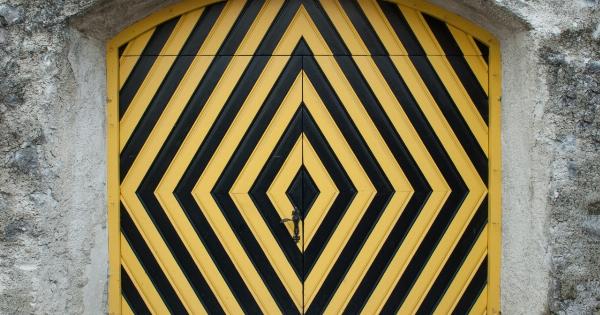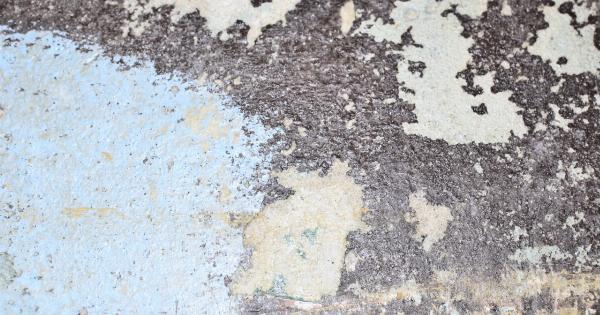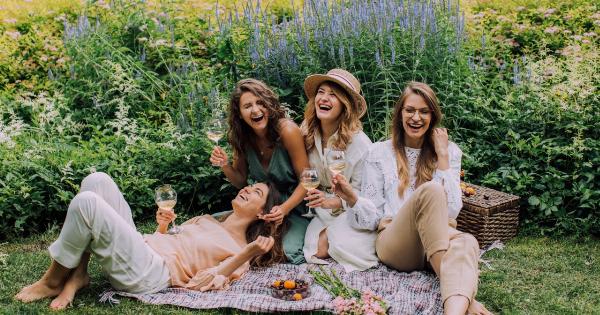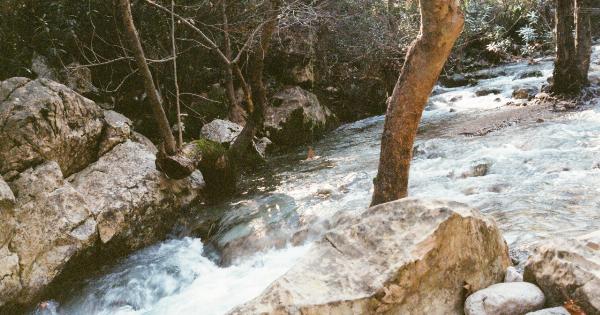Bile stones, also known as gallstones, are solid deposits that form in the gallbladder. The gallbladder is a small organ located beneath the liver on the right side of the abdomen.
Its primary function is to store bile, a substance produced by the liver that helps in the digestion and absorption of fats. Bile stones can range in size from as small as a grain of sand to as large as a golf ball. They occur when the bile in the gallbladder hardens and forms into stones.
Causes of Bile Stones
There are several factors that can contribute to the formation of bile stones. The most common cause is an imbalance in the chemical composition of bile, resulting in the precipitation of cholesterol or bilirubin. Other risk factors include:.
- Obesity: People who are overweight or obese are at a higher risk of developing bile stones.
- Rapid weight loss: Losing a significant amount of weight in a short period can increase the chances of bile stone formation.
- Pregnancy: Hormonal changes during pregnancy can affect the gallbladder, leading to the formation of stones.
- Genetics: Certain genetic conditions can make individuals more prone to developing bile stones.
- Diet: A diet high in cholesterol and fat can contribute to the formation of gallstones.
- Age: Bile stones are more common in older individuals, especially women.
Symptoms of Bile Stones
Bile stones may not cause any symptoms in some cases. However, when they block the bile ducts, they can result in various symptoms, including:.
- Abdominal pain: The most common symptom of bile stones is a sudden and intense pain in the upper right side of the abdomen.
- Back pain: Some individuals may experience pain in the back between the shoulder blades.
- Jaundice: If a bile stone obstructs the bile duct, it can cause jaundice, leading to yellowing of the skin and eyes.
- Nausea and vomiting: Bile stone attacks can cause nausea and vomiting.
- Indigestion: Difficulty in digesting fatty foods may occur due to bile stone obstruction.
- Fever and chills: Infection in the bile ducts can result in fever and chills.
Diagnosing Bile Stones
If you suspect you may have bile stones, it is essential to see a healthcare professional for proper diagnosis. The following tests may be conducted to confirm the presence of bile stones:.
- Ultrasound: An ultrasound scan uses sound waves to create images of the gallbladder and can detect the presence of gallstones.
- CT scan: A computed tomography (CT) scan provides detailed images of the gallbladder and surrounding organs.
- Endoscopic retrograde cholangiopancreatography (ERCP): This procedure involves inserting a thin tube with a camera into the mouth and through the digestive system to observe the bile ducts and remove any stones present.
- Blood tests: Blood tests can help determine if there is an infection or obstruction due to the presence of bile stones.
Treatment for Bile Stones
The treatment options for bile stones depend on the severity of symptoms and the complications associated with the condition.
If the stones are causing mild or no symptoms, the healthcare professional may recommend watchful waiting, as many small stones can pass on their own without treatment. However, if the stones are causing pain or complications, the following treatment options may be considered:.
- Medications: Certain medications can be prescribed to dissolve cholesterol stones.
- Laparoscopic cholecystectomy: This minimally invasive surgical procedure involves removing the gallbladder through small incisions in the abdomen.
- Endoscopic sphincterotomy: In this procedure, an endoscope is used to cut the bile duct sphincter and remove the stones.
- Extracorporeal shock wave lithotripsy (ESWL): High-energy shock waves are used to break the stones into smaller pieces, making it easier for them to pass through the bile ducts.
Preventing Bile Stones
While certain risk factors for bile stones, such as genetics and age, cannot be controlled, there are some measures you can take to reduce the risk of their formation:.
- Maintain a healthy weight: Losing excess weight and keeping a healthy body mass index can lower the risk of developing bile stones.
- Eat a balanced diet: Limiting the intake of cholesterol and fat-rich foods, and including more fiber-rich foods, can promote gallbladder health.
- Avoid rapid weight loss: If you need to lose weight, it is advisable to do it gradually instead of rapid weight loss, which can increase the risk of bile stone formation.
- Stay hydrated: Drinking an adequate amount of water can help maintain the flow of bile and prevent the formation of stones.
- Exercise regularly: Engaging in regular physical activity can reduce the risk of developing bile stones.
Conclusion
Bile stones, or gallstones, are solid deposits that can form in the gallbladder. They can cause various symptoms such as abdominal pain, jaundice, and indigestion when they block the bile ducts.
If you suspect you may have bile stones, it is essential to consult a healthcare professional for a proper diagnosis. Treatment options range from watchful waiting to surgical interventions depending on the severity of symptoms.
Taking preventive measures, such as maintaining a healthy weight and eating a balanced diet, can help reduce the risk of developing bile stones.
